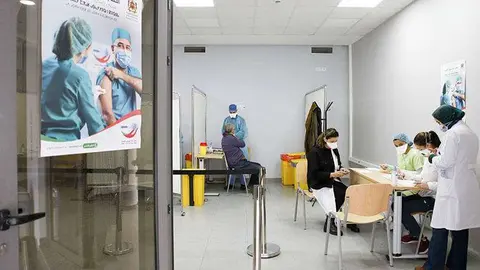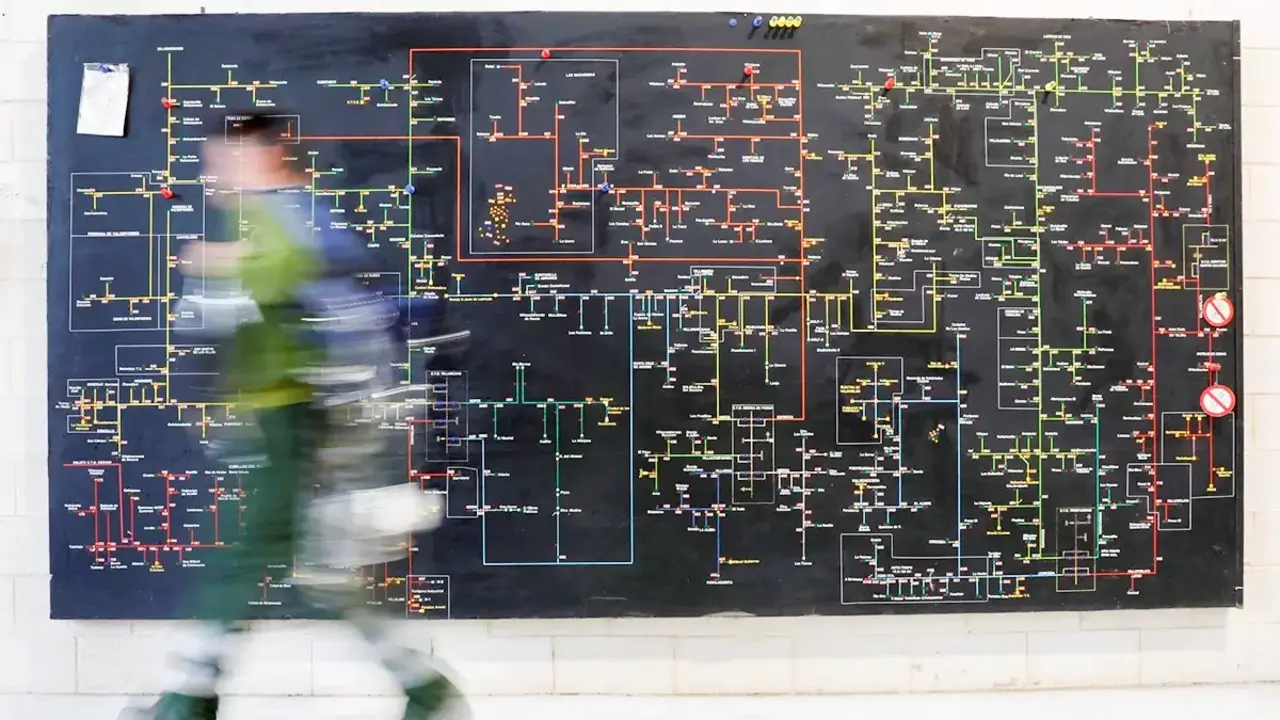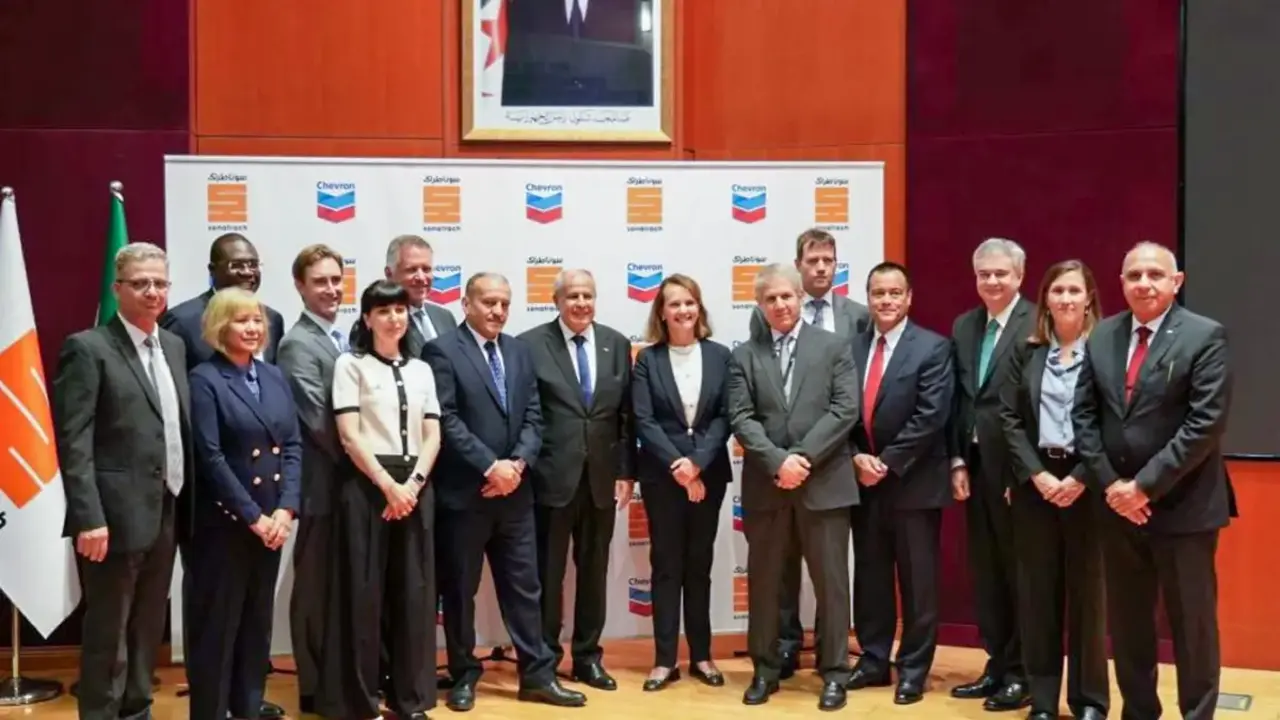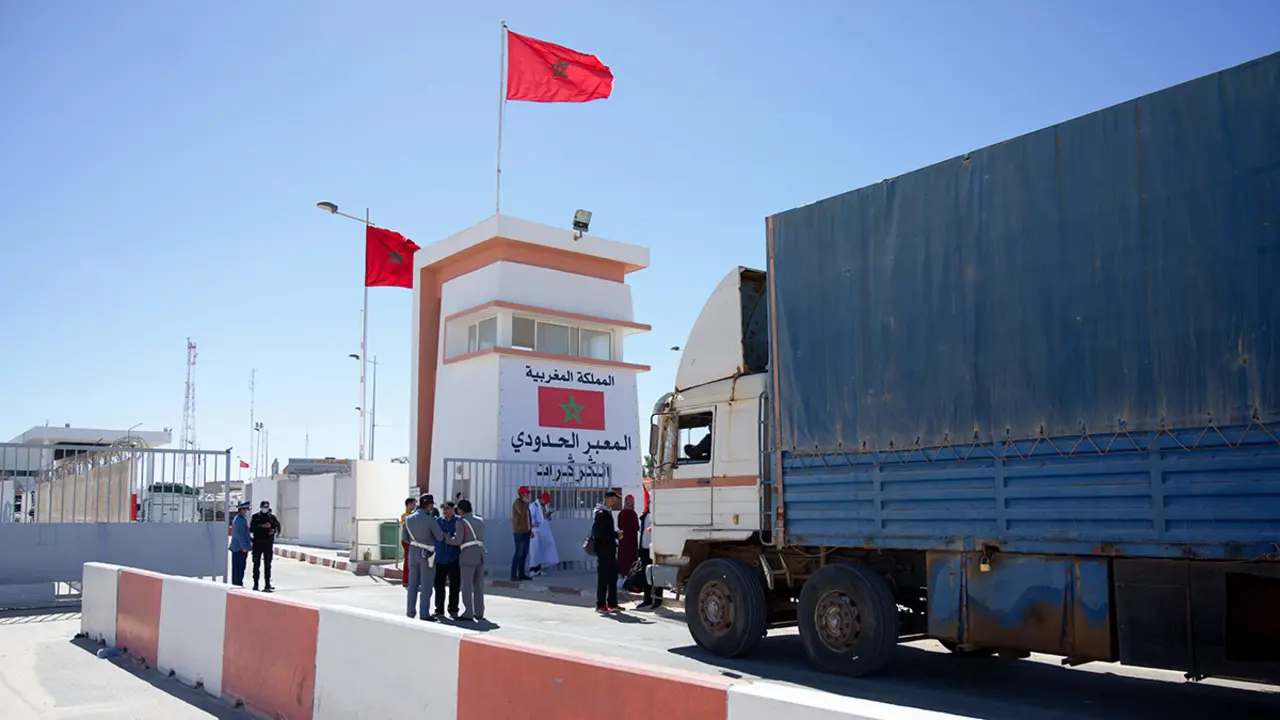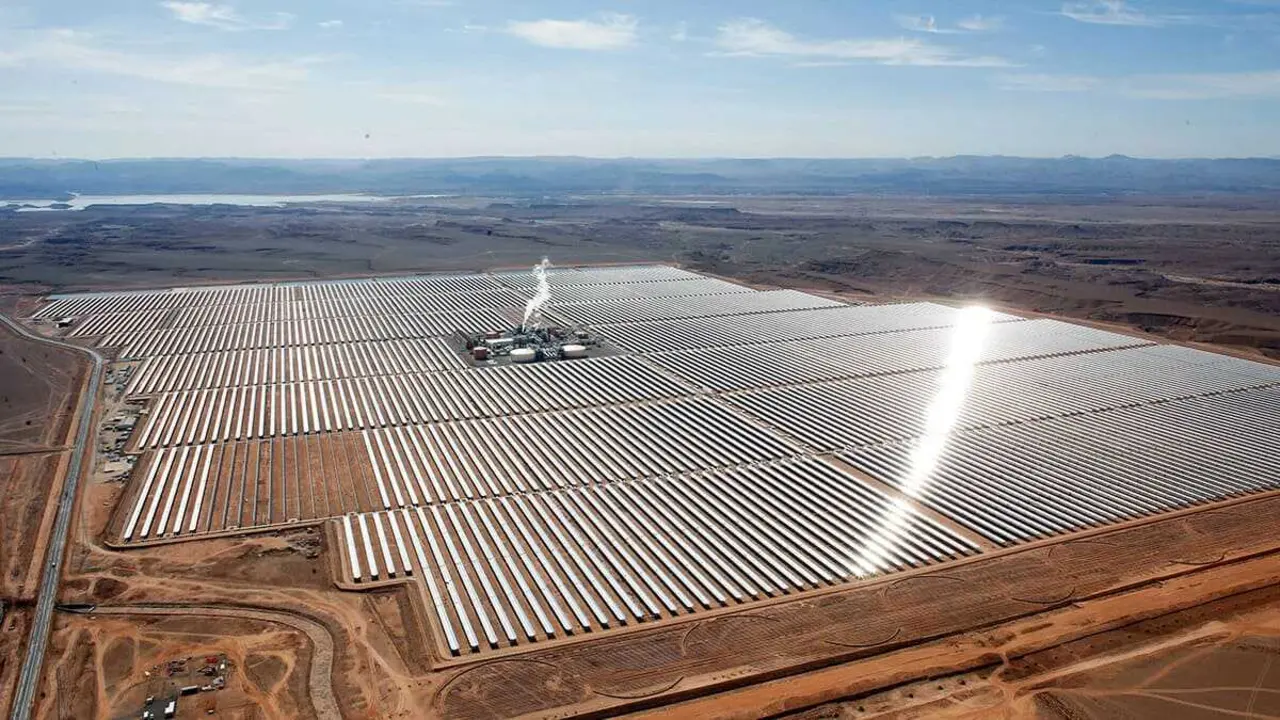The World Bank grants a major loan for health reform in Morocco

450 million dollars, that is the amount of the loan that the World Bank has granted Morocco so that it can continue to deepen the reform of its health system, something that will benefit the quality of life of Moroccan citizens.
The North African country has been embarked on a very deep process of industrial and social modernisation since King Mohammed VI ascended to the throne in 1999, and the health sector is one of those areas where attention has been focused in order to achieve significant improvements.
In view of the Moroccan state's efforts to modernise the country, various international institutions are cooperating with the Moroccan kingdom and, in this case, the World Bank has agreed to grant this $450 million loan to the Moroccan government to improve health care for the Kingdom's citizens.

"Morocco is currently implementing one of the most ambitious and comprehensive health system reforms in the world, demonstrating its commitment to human capital development," the World Bank itself officially reported. The World Bank indicated that the objective of this support for Morocco's health reform plan is to achieve a "more inclusive" health system that can encompass a larger section of society, which is of great benefit to the population, including those groups of people with fewer resources and less capacity to access the health system.
Quality health care is one of the basic pillars of any modern society today, and Morocco is making great efforts to improve its situation in this area, which was not exactly the best a few years ago. This is being channelled under the policies adopted by the Moroccan government, in cooperation with international support organisations, such as the World Bank, and under the directives of King Mohammed VI.
In this line, the World Bank's director for the Maghreb and Malta, Jesko Hentschel, said that the new loan will lay the foundations for a health system that is capable of monitoring and improving access to medical care and enhancing the quality of services, as reported by Morocco World News. World Bank health expert and programme manager Denizhan Duran also highlighted the relevance of this loan and stressed that it will serve to evolve the health system and the service given to patients.

The loan granted by the World Bank will serve to improve the health system and facilitate access to health services for a large part of the population, and also to train health professionals in Morocco, improving their working conditions in all respects in order to avoid the feared flight of Moroccan health professionals to other countries in search of better conditions to carry out their work, something that has been happening in recent years. The Moroccan government has been working on this issue for some time, with Morocco's Minister of Health and Social Welfare, Khalid Ait Taleb, recently announcing that family medicine is to become a speciality in its own right within university higher education. In fact, the Ministry of Health has recently been working on training programmes for some 2,800 doctors specialising in family medicine by 2030 and a large group of nurses. In addition, Khalid Ait Taleb himself stressed before the House of Representatives the important work to be done to modernise the health system and train health workers.
The Moroccan government has also been working in recent months to expand health coverage. "The government has also facilitated the modalities of access to health services in decent conditions, to ensure equality among all Moroccans, regardless of their economic and professional situation," said the head of the Moroccan government, Aziz Akhannouch.

In addition, a Council of Ministers presided over this year by King Mohammed VI agreed to increase the number of health professionals by 90,000 by 2025, with 24 health professionals for every 10,000 inhabitants. The long-term target was set at 45 per 10,000 by 2030. To reach these figures, and according to the agreement, three faculties of medicine and pharmacy and three university hospitals will be opened in Errachidia, Beni Mellal and Guelmim, with a budget of almost 300 million dollars. It is also expected to reduce the duration of medical training from seven to six years.
All these initiatives underline the great effort being made in the Moroccan kingdom to improve the national health system.

